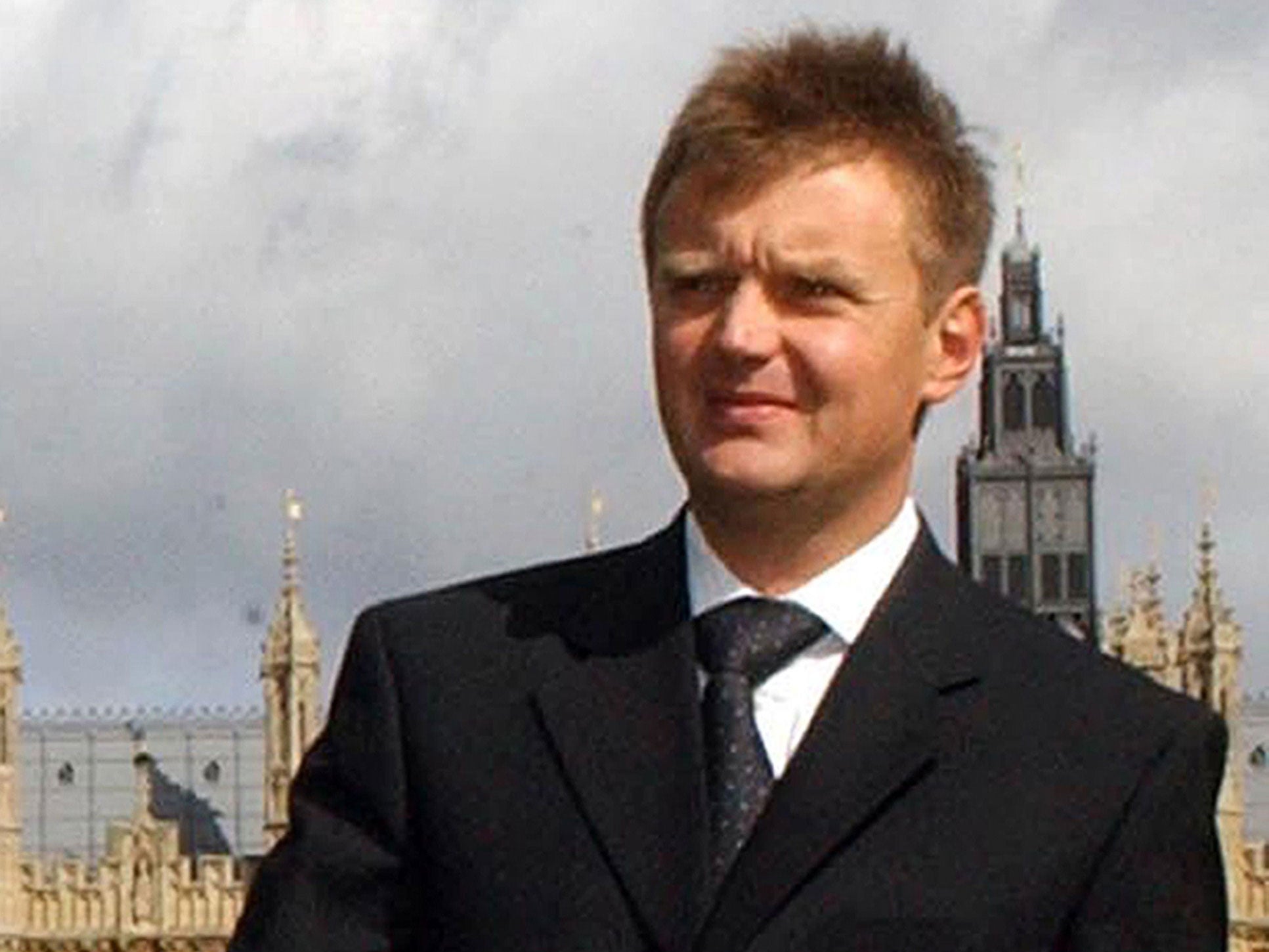Litvinenko inquiry: Russian state involved 'in one way or another', inquiry hears
Richard Horwell QC told the inqury that Russia's involvement was the 'only credible explanation' for Litvinenko's death by radioactive poisoning

The Russian state was involved in the poisoning of Alexander Litvinenko "in one way or another", an inquiry into the death of the former Russian security service officer has heard.
43-year-old Litvineko died after drinking tea laced with radioactive polonium-210, in an incident which police believe took place in a London hotel in November 2006.
Police believe that the tea was drunk during a meeting with Dmitri Kovtun and Andrei Lugovoi, and British authorities believe the pair should be prosecuted for murder. They deny all involvement.
Richard Horwell QC, who is representing the Metropolitan Police at the inquiry, said: "The evidence suggests that the only credible explanation is that in one way or another the Russian state was involved in Litvinenko's murder."
He said that Russia has a "formidable list" of grievances with Litvinenko, a former officer with the Russian security agency FSB, who was forced to flee to Britain in 2000 after he and other senior FSB colleagues accused their superiors of ordering them to kill Russian oligarch Boris Berezovsky.
After being granted asylum in the UK, he became a fierce critic of Vladimir Putin, and made a number of accusations about him - the most "audacious and explosive" being that Putin is a paedophile, the inquiry heard.
Mr Horwell noted that Lugovoi was given a medal by the president in March for services to Russia.
"It obviously begs the question about what those services might have been," he commented.
Tensions between Russia and the Western world
Show all 8Mr Horwell said the Met had previously "remained silent" during the inquiry as it did not want to be seen to be having "any influence" over the evidence called.
"Our silence must now end," he declared in his closing statement.
Making an accusation, Horwell said: "There can be no doubt that Alexander Litvinenko was unlawfully killed and the science is such that the finger points unwaveringly at Lugovoi and Kovtun as having administered polonium to him on two occasions."
Since a criminal trial for the pair "seems unlikely", Mr Horwell said, it is important that the conclusions of the Met's investigations are released.
He said the pair had "no credible answer to the trail of polonium they left behind", and said the pair's suspected involvement in the crime is based on hard scientific evidence.
Kovtun and Lugovoi both currently live in Russia. They say they were framed by MI6, a claim that Mr Horwell said "doesn't bear scrutiny".
Litvinenko first fell ill on 1 November 2006, and died three weeks later from radiation poisoning after a very painful time in hospital.
He was buried in Highgate Cemetery in London on 7 December 2006 in a lead-lined coffin, to prevent the radiation still present in his body from contaminating into the earth around it and posing a danger to others.
Subscribe to Independent Premium to bookmark this article
Want to bookmark your favourite articles and stories to read or reference later? Start your Independent Premium subscription today.

Join our commenting forum
Join thought-provoking conversations, follow other Independent readers and see their replies